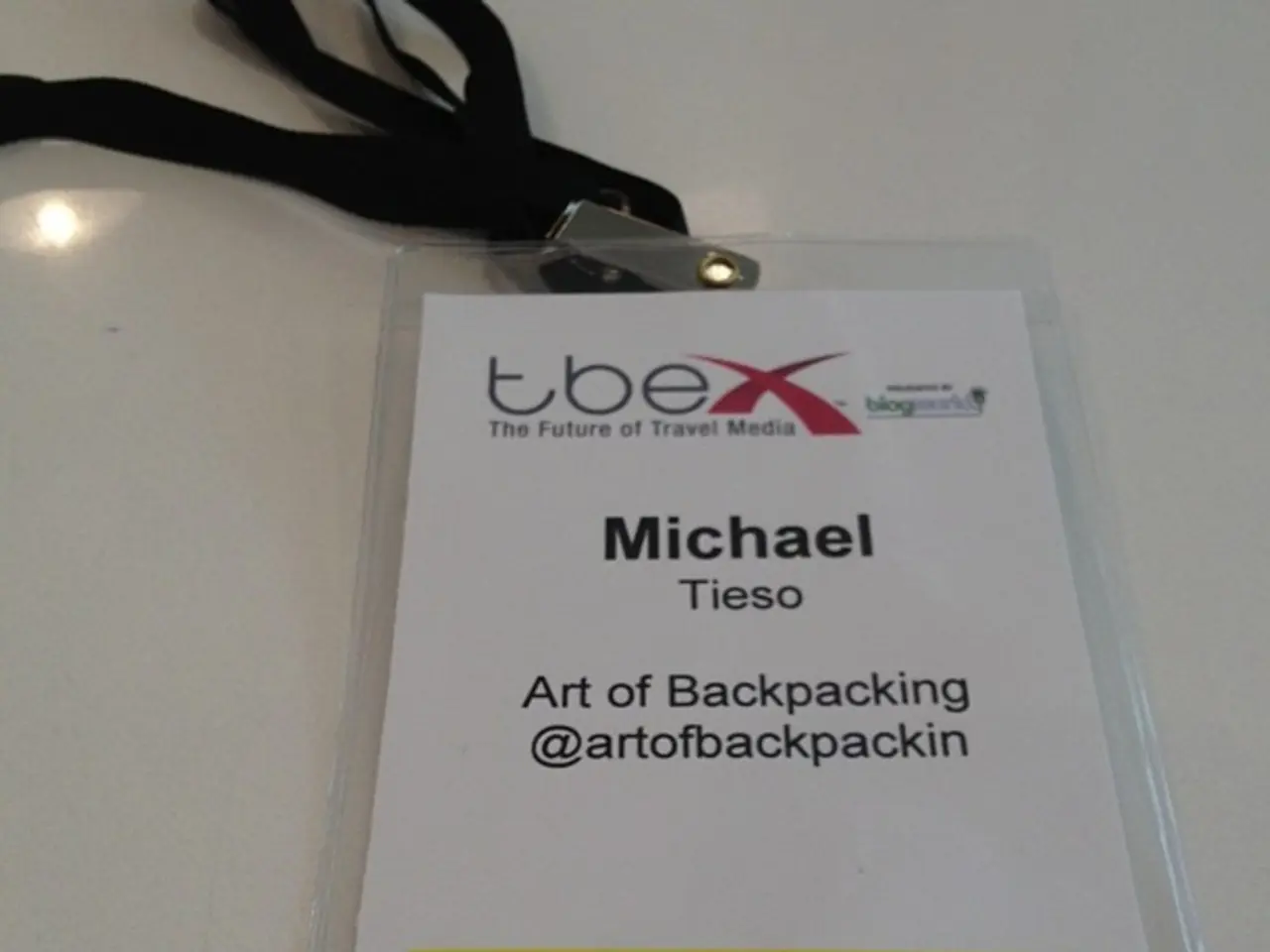United States to receive further $100 billion investment from Apple, with President Trump preparing to make an official announcement
Apple, the tech giant, has announced a significant investment in U.S. manufacturing, aiming to move more of its supply chain to American soil. This investment, worth $600 billion over four years, is set to be the company's largest yet and includes the launch of an American Manufacturing Program.
The announcement comes at a time when Apple faces several challenges in relocating its supply chain. High costs of manufacturing in the U.S., compared to traditional hubs like China, pose a significant obstacle. The complexity of establishing an end-to-end silicon supply chain domestically is another hurdle, requiring massive investments in building or expanding semiconductor fabrication plants (fabs).
Moreover, the need for advanced manufacturing expertise and infrastructure, which has been developed over decades overseas, is a substantial challenge. This includes semiconductor production, rare earth material processing, and component manufacturing. Supply chain resilience and scale challenges also loom large, as the U.S. ecosystem for components such as rare earth magnets, specialized glass, and chip manufacturing must rapidly ramp up to meet Apple's global production demands.
Despite these challenges, Apple is partnering with companies like Corning, TSMC (in Arizona), and MP Materials for rare earth magnets and recycling. The program also aims to incentivize other US companies to make components domestically.
The investment follows an earlier commitment of $500 billion to grow its domestic footprint this year. Notably, this investment is a result of tariffs imposed by the Trump administration. Other tech companies, such as Taiwanese chipmaking giant TSMC, Texas Instruments, and leading AI chipmaker Nvidia, have also made significant investments in U.S. manufacturing.
The news of Apple's upcoming announcement was first reported by Bloomberg. Tim Cook, Apple's CEO, is known as the supply chain genius of technology, and his team is aware of the Trump administration's thoughts and actions before they happen.
However, the investment is not without controversy. Trump has previously expressed a "little problem" with Cook over Apple's decision to make iPhones in India. Trump has also threatened Apple with tariffs if they do not manufacture iPhones in the United States.
Cook expects Apple to incur $1.1 billion in tariff-related costs during the September quarter. The White House official announced the investment, which will be made later on Wednesday.
In summary, Apple's major investment in U.S. manufacturing is a significant step towards relocating its supply chain. However, the need to develop new manufacturing ecosystems, recruit skilled labor, and manage higher operating costs are substantial obstacles to fully relocating its supply chain. The challenges include cost competitiveness, supply chain complexity, infrastructure and workforce development, and scaling production capacity domestically to match global volume and technological requirements.
- The tech industry, with Apple leading the charge, is increasingly engaged in business ventures that focus on technology and domestic manufacturing, as evidenced by their multibillion-dollar investments in U.S. manufacturing.
- The ongoing collaboration between Apple and various companies, such as Corning, TSMC (in Arizona), and MP Materials, demonstrates the need for partnerships in technology, politics, and general-news sectors to address the complexities of moving manufacturing away from traditional hubs like China.




